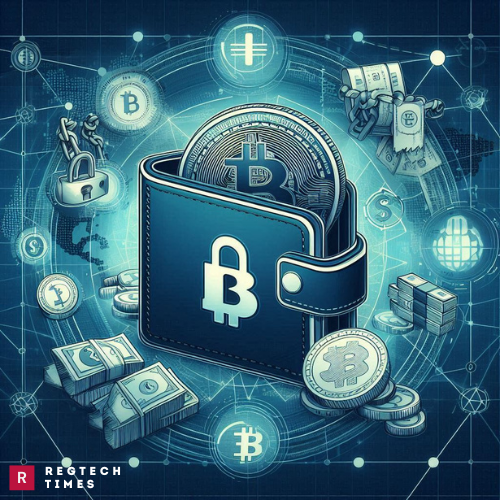In a significant development that has stirred both controversy and debate, Binance, one of the world’s largest cryptocurrency exchange platforms, has been accused of freezing the crypto wallets of Palestinian users at the behest of the Israeli army. This situation has sparked widespread reactions and raised critical questions about the intersection of cryptocurrency regulation, national security, and users’ rights.
Background: The Allegations
Reports indicate that the Israeli army requested Binance to block over 1,500 crypto wallets believed to be linked to illicit activities, including terrorism financing. In response to this request, Binance conducted its own investigation, resulting in the freezing of 220 accounts that were confirmed to have connections to suspicious activities. Richard Teng, the CEO of Binance, has categorically denied claims that the exchange froze all Palestinian crypto wallets. Instead, he emphasized that only those linked to illicit funds were affected, consistent with international anti-money laundering (AML) regulations.
The implications of these actions are significant, not only for the users involved but also for the broader cryptocurrency landscape. As crypto wallets gain popularity for their advantages in transaction speed and security, they also attract scrutiny from governments and regulatory bodies concerned about potential misuse for illegal purposes.
The Regulatory Landscape
The cryptocurrency sector has long faced challenges regarding compliance with legal frameworks designed to combat money laundering and terrorist financing. As a global entity, Binance must navigate various regulatory environments and adhere to international laws. This incident highlights the delicate balance exchanges must strike between ensuring security and protecting the rights of legitimate users.
While Teng’s assertions suggest a commitment to compliance, the freezing of crypto wallets raises alarms about the potential overreach of regulatory actions. Critics argue that such measures could lead to unjustly penalizing innocent users who may have no connection to illicit activities. The lack of transparency in how decisions are made can exacerbate this concern, leading to a climate of fear among users of crypto wallets.
Crypto-confidence Schemes Exposed: A $6 Million Seizure by U.S. Officials
The Implications for Users of Crypto Wallets
The freezing of Palestinian crypto wallets not only affects those specific users but also raises broader concerns about the implications for other cryptocurrency holders. Users may feel vulnerable if they believe that their accounts could be frozen without adequate justification. This sentiment could lead to decreased trust in cryptocurrency exchanges, particularly in politically sensitive regions.
Moreover, this incident highlights the need for clearer guidelines and practices around the freezing of crypto wallets. Users deserve transparency regarding the criteria used to flag accounts for suspicious activity and the process for unfreezing them. The lack of such clarity can foster an environment of uncertainty and suspicion, ultimately undermining the core values that cryptocurrencies were built upon—decentralization and user autonomy.
Impact on the Cryptocurrency Market
As Binance defends its actions, market observers are left to ponder the potential impact on the cryptocurrency market. Regulatory scrutiny is a double-edged sword: while it may enhance legitimacy, it can also stifle innovation and drive users away from regulated exchanges to less secure platforms.
Concerns regarding Binance’s handling of this situation could influence investor sentiment, affecting the price of Binance Coin (BNB) and other cryptocurrencies on the exchange. As regulatory pressures mount, companies in the crypto space will need to prioritize compliance to maintain user trust and mitigate potential financial risks.
The Broader Context
The freezing of crypto wallets in this instance is not merely a legal issue; it is emblematic of the complex relationship between technology, governance, and human rights. In regions like Palestine, where political tensions are high, the use of cryptocurrencies can offer financial autonomy and security. However, these advantages are often accompanied by risks, particularly when governments perceive them as threats to national security.
As Binance navigates this complex landscape, it must remain vigilant about the ethical implications of its actions. The company has a responsibility to its users, and how it addresses these concerns will shape its reputation and the future of cryptocurrency regulation globally.
The incident involving Binance and the freezing of Palestinian crypto wallets serves as a reminder of the challenges facing the cryptocurrency industry. As the sector continues to evolve, the need for clear, fair, and transparent regulations becomes increasingly essential. Striking a balance between compliance and user rights will be crucial in maintaining trust and fostering innovation in this dynamic space. The future of cryptocurrency may well hinge on how companies like Binance handle such sensitive situations, reflecting the broader implications for users, regulators, and the global financial system.


